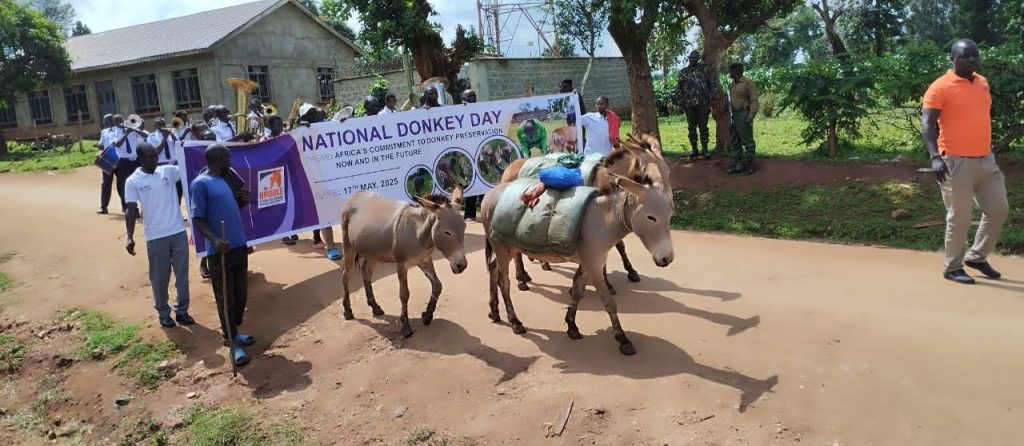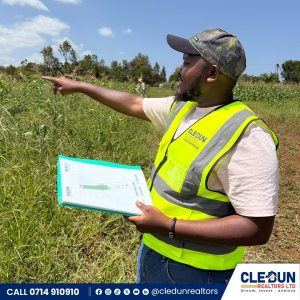By Isabella Maua
Ripple Effect Kenya, in collaboration with key stakeholders, marked the National Donkey Day at Cheptais in Mt Elgon, which is normally celebrated on the 17th of May every year.
The colourful event took place at Nalondo Youth Group Demo Farm, where farmers, donkey keepers and users as well as school children were taught about donkey welfare and the need to preserve its population.
While addressing the stakeholders, Philip Kipsang’, Deputy County Commissioner for Cheptais, emphasised the need to enlighten wananchi on the importance of donkeys not only to farmers but the country at large.
“Donkeys are actually treasured by some communities to the extent that they call them second wives since they help a lot in reducing the laborious work women do at home, like fetching water from far-off rivers and carrying firewood from forest areas,” he said.
Kipsang’, however, bemoaned the worrying trend of cross-border donkey theft and the recently lifted ban on donkey meat, citing that the equines may risk extinction if nothing is done.
“Looking back, in 2009 the donkey population was 1.8 Million; in 2016 it went up to 1.9 Million and then dropped drastically in 2020 to 1.1 Million after Chinese appetite rose for lucrative donkey hide and meat from Kenya,” he mentioned.
Kipsang’ further noted that presently, the donkey population stands at less than 500,000, with approximately 100 of them being stolen and driven to neighbouring countries like Uganda.
Alfred Juma, Programme and Partnerships Manager for Ripple Effect Kenya, accentuated the need to reserve donkeys’ heritage and genetics in the quest to create sustainable development at the community level.
“We strive to influence communities by working with the government to educate our people on how to use their donkeys to generate income, food security and even create jobs instead of leasing them to people who lack knowledge on their welfare.
“In Mt Elgon specifically, we have seen donkeys help keep girls in school who would have otherwise dropped out to fetch firewood, carry water and transport food products to the market,” observed Juma.
He added, “Not only have the donkeys taken up those chores to enable them to learn, but they have also generated income for their families, where they can earn up to Ksh.2000 a day.”
Shirleen Chemtai, a pupil at Kopsiro S.A. Comprehensive School, boasts of massive knowledge on donkeys’ welfare, divulging that they also teach their parents the need to take care of donkeys to ensure they are healthy and strong.
She noted: for a donkey to be helpful, it should be given good nutrition, a good environment, good health, a positive mental experience and enough space with the company of its own kind.
Francis Were, a teacher at Kopsiro, accentuated the need to teach children the importance of donkeys at an early age so that they may not forget as they grow up, especially because the beast of burden will remain to be part of family households in the region because of the mountainous, rugged terrain.
Conclusively, Juma noted that Ripple Effect is cognisant of the need to protect donkeys since many farmers are ignorant of the fact that overworking and or neglecting them hinders the equines from exploiting their lifespan.
This year’s theme is Africa’s Commitment to Donkey Preservation Now and in the Future.







More Stories
Safaricom Director Honored with Global Social Innovation Award
New LPG Fuel Stations Hit Nairobi as Proto Energy and OLA Energy Partner
Youth in Four Counties Receive103.9M NYOTA Start-Up Boost